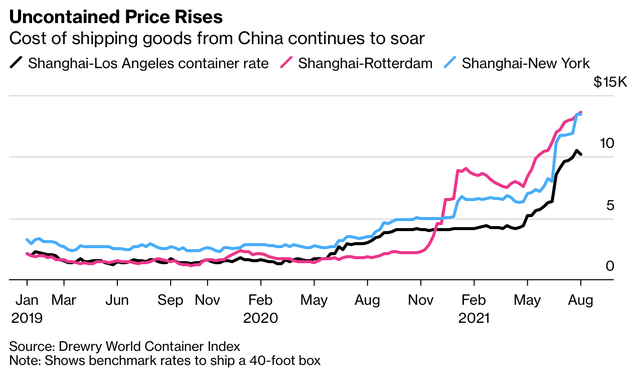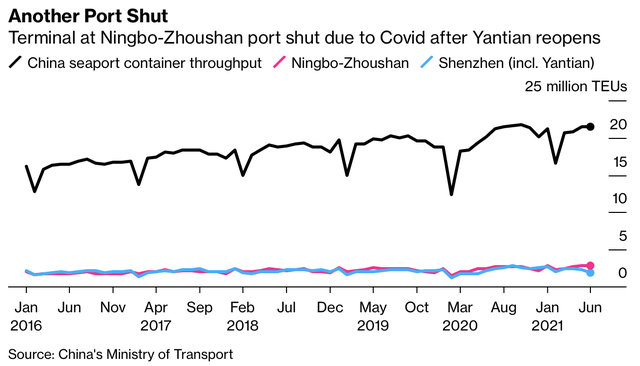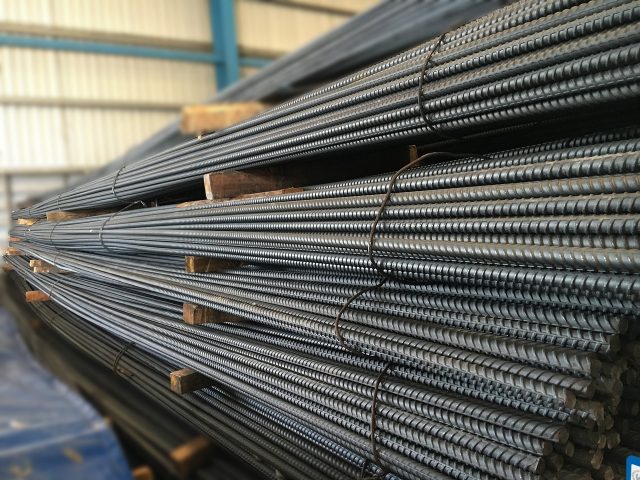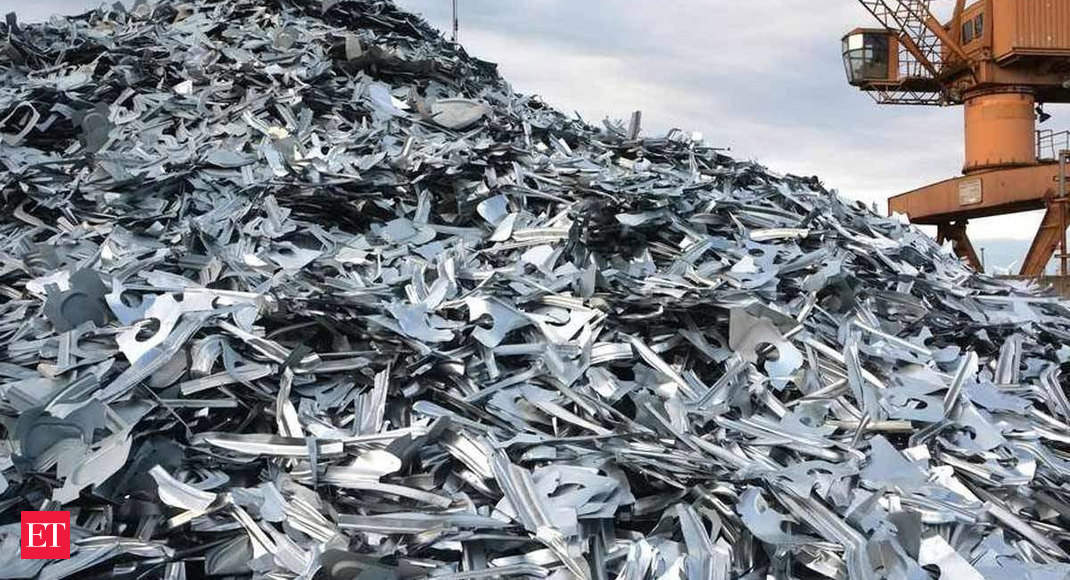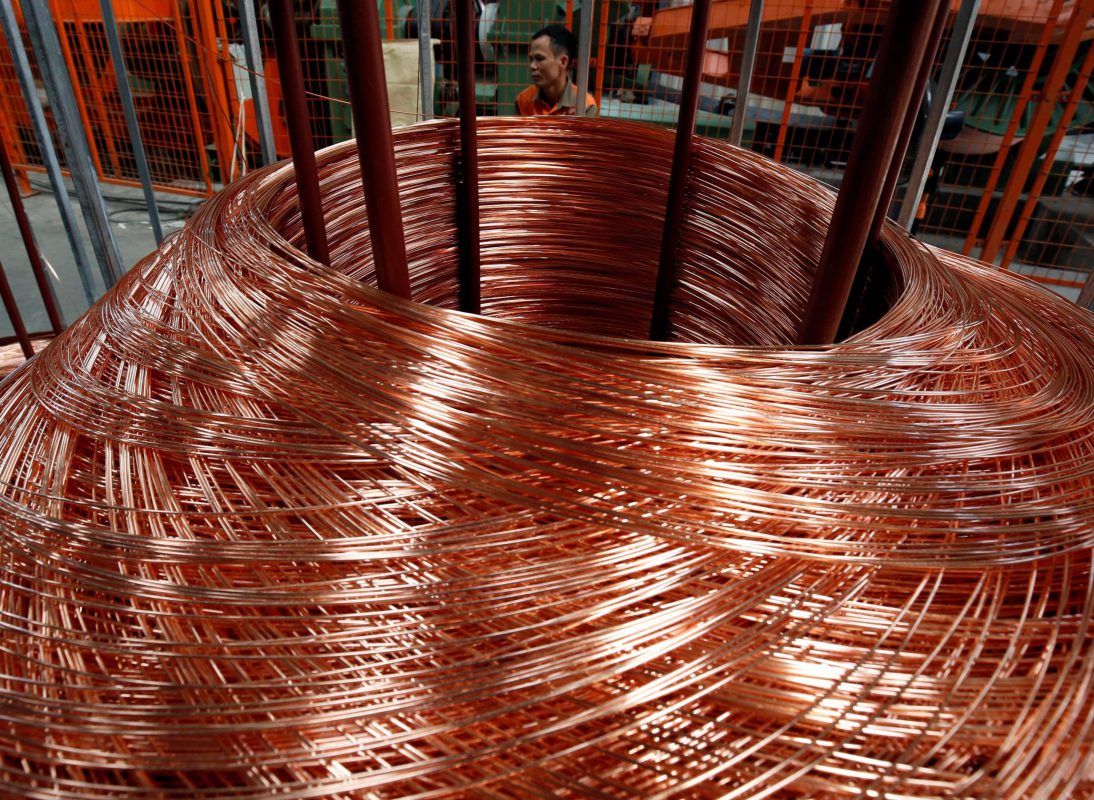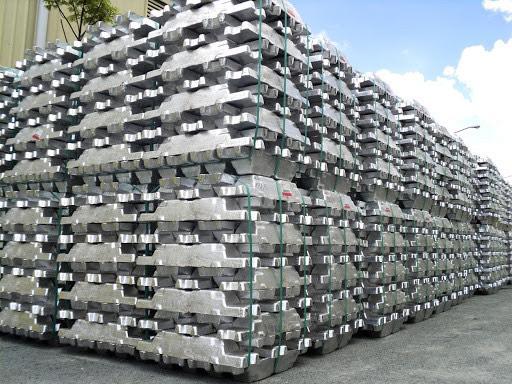Recently, China had to partially close a container port with the third busiest operation in the world after an employee was infected with nCoV. As a result, global trade and supply chains could suffer more damage, which is already in a fragile state as the critical shopping season approaches.
According to a notice from Ningbo – Zhushan port, all container services moving to and from Meishan station of this port were suspended on August 11 until further notice. Ningbo city government said an employee at the port has tested positive for nCoV. Currently, all close contacts of this person have been localized and isolated.
According to calculations by consulting firm GardaWorld, the closed terminal operates about 25% of cargo through the port. Meanwhile, German carrier Hapag-Lloyd said ships leaving the port would be delayed.
This is the second time a Chinese port has had to close due to a case of nCoV infection. Previously, the Yantian port in Shenzhen had to be shut down at the end of May for about a month. This situation causes goods to be congested at factories and warehouses. In addition, freight rates are also likely to skyrocket, which is already at record highs and is a cause of inflation.
Baltic Dry Index, which tracks charter fees for shipping raw materials such as iron ore, coal, cement, grain, and more, has increased by more than 10% since a month ago, amid the start of the Delta variant. Spread. While not yet having a significant impact on US ports, problems in China could hurt companies that depend on container exports in the country.
Container freight rates from Shanghai to major cities continue to skyrocket this year.
Many fear that this disruption will continue to pressure shipping and supply, slowing growth and pushing up prices for a wide range of items. The prolonged closure of the Ningbo port could cause significant problems for the world economy, as maritime trade is usually busier at the end of the year when companies ship products for the holidays. Christmas.
Josh Brazil, marketing director at project44, said: “Possibly, the far-reaching consequences of the product reaching customers will take place when Black Friday and the holiday shopping season begin. The next 24 hours will be the time determines how large this boom will be. Changes in 2021 usually happen overnight.”
In addition, containers passing through other terminals of the Ningbo-Zhushan port may also be forced to slow down. The current port only accepts container ships within two days of the expected arrival date, according to logistics and shipping company CMA CGM.
Output of containers at China’s seaports (unit: TEU).
A spokesman said the Port of Los Angeles, which has seen a sharp drop in cargo volume due to the Covid-19 outbreak at the port of Yantin, is preparing to see a similar situation unfold. Meanwhile, Anton Posner, CEO of supply chain management company Mercury Resources, said that many charterers have included a Covid clause in their insurance policies, so that they do not have to pay for ships that are affected. stuck in port.
The closure of the Ningbo-Zhushan port is raising concerns that ports around the world will soon face the same risk of disease outbreaks. Meanwhile, coronavirus restrictions slowed the flow of everything from perishable food to electronics last year.
Currently, Covid-19 is at risk of spreading at the world’s docks and shipping systems. The sector has struggled to meet unprecedented demand as the economy reopens and manufacturing ramps up.
T&G International Joint Stock Company
Address: 352 Hue Street, Le Dai Hanh Ward, Hai Ba Trung District, Hanoi
Hotline: 0345786803
Email: hrm@tginterjsc.com
Website: http://tginternationaljsc.com



